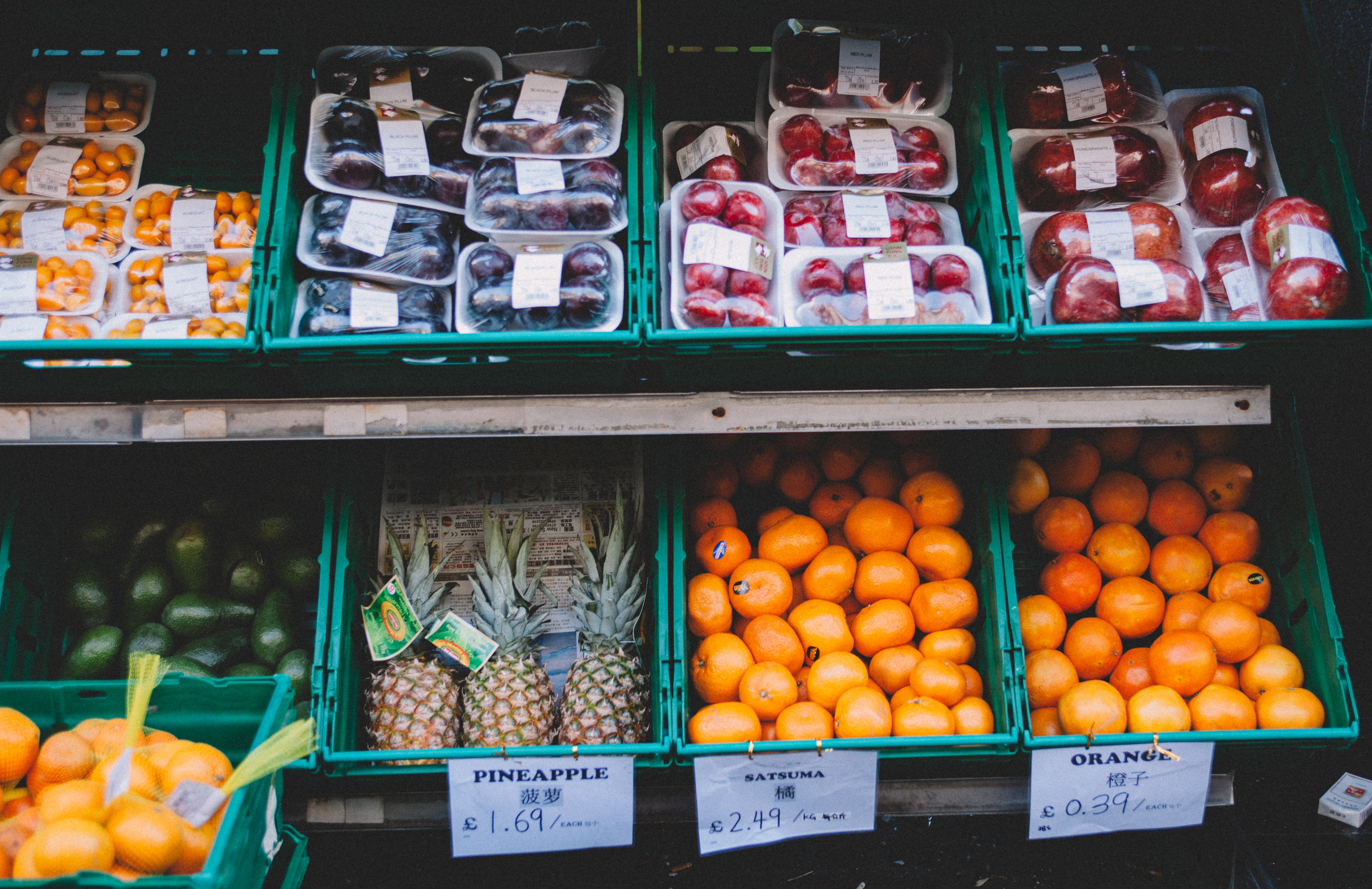Influence Of Geopolitics On Global Commodity Prices

Influence of geopolitics on global commodity prices is a vast, complex subject, yet a crucially important one. In the ebb and flow of global markets, understanding the impact of political decisions is an indispensable tool for any investor, economist, or business entity. This article will elucidate the deep-rooted interconnection that translates geopolitical happenings into fluctuations in commodity prices.
Geopolitics is essentially the study of the effects of geopolitical factors on the international affairs of states. The economy is a vital part of this matrix. It often hinges on the stability of political structures, the nature of international relations, and the strategic decisions made by countries. The tie between geopolitics and economy is profuse and multifaceted, fostering impacts that reverberate across global commodity markets.
When grappling with the influence of geopolitics on commodity pricing, recognizing the dynamic tensions in place is crucial. Geopolitical shifts can significantly tip scales, causing considerable shifts in the price framework. Political stability, economic policies, and trade relations are some key factors governing these modifications.
Political stability is a linchpin in this equation. Countries marred by political discontent and conflicts see shaky commodity markets. The uncertainty bred by political instability can lead to rapid price swings. In contrast, solid political environments provide a stable groundwork for commodity prices.
Similarly, trade policies and international relations are pivotal. Nations leaning towards protectionism or engaged in trade wars might experience price adjustments reflecting these geopolitical tensions. Subsequently, the economic policy decisions of countries, such as changes in fiscal or monetary policies, can shape commodity pricing trends.
To illustrate, let's delve into three examples: petroleum, gold, and food commodities. Petroleum's price volatility is often shaped by political tensions in oil-rich regions. Thus, geopolitical events may immensely sway petroleum prices. Gold prices, too, are invariably guided by geopolitical events. In periods of political turmoil, gold often serves as a safe haven asset, hence escalating in price. Prices of food commodities are also deeply entwined with geopolitics. Climate change negotiations, political decisions regarding agricultural subsidies, and geopolitical conflicts impacting food supply chains significantly influence their prices.
Every country, large or small, impacts global commodity prices through its geopolitical standing. Notwithstanding, some countries due to their substantial market stakes hold substantial sway. For instance, nations like the U.S, China, and Russia have profound implications on global commodity prices due to their political and economic strength. Moreover, regional power dynamics also play a part in shaping and shifting commodity prices.
In sum, the influence of geopolitics on global commodity prices is an intricate and nuanced relationship that requires constant vigilance. It is vital for market players to brace themselves for political changes that could veer the tide in commodity markets. A comprehensive understanding of this far-reaching dynamic equates to a strategic advantage in the global market theatre.
Thereby, we cannot underscore enough the repercussions of geopolitics on the ebb and flow of global commodity prices. And although we can't predict with absolute certainty geopolitical shifts, staying abreast with these changes and understanding their implications is invaluable in navigating the tumultuous waters of global commodity markets.
Author: Ricardo Goulart
Copper's Comeback: Inside BHP And Lundin's Argentine Asset Acquisition
Copper, often dubbed "the metal of electrification," is experiencing a resurgence in demand due to its critical role in ... Read more
Revitalizing Commodities: How Clean Energy Is Breathing New Life Into A Stagnant Market
The commodities market, traditionally a cornerstone of investment portfolios, has experienced a decade of stagnation. Ho... Read more
European Airports Disrupted By Escalating Climate Protests
Climate activists have escalated their protests at European airports, blocking runways and causing flight disruptions in... Read more
Hungary's Russian Oil Dilemma: Why Brussels Is Cautious In Offering Support
Hungary's reliance on Russian oil has led it to seek support from Brussels to ensure continued access to this crucial en... Read more
Unveiling China's Secret Commodity Stockpiles: What Lies Ahead?
Xi Jinping's extensive reserves of grain, natural gas, and oil hint at future challenges.In a move shrouded in secrecy, ... Read more
Copper Miners Brace For Industry Overhaul As End Users Seek Direct Deals
The copper mining industry is bracing for a significant overhaul as end users, including cable manufacturers and car com... Read more

